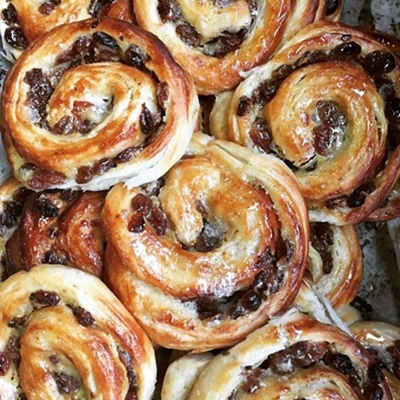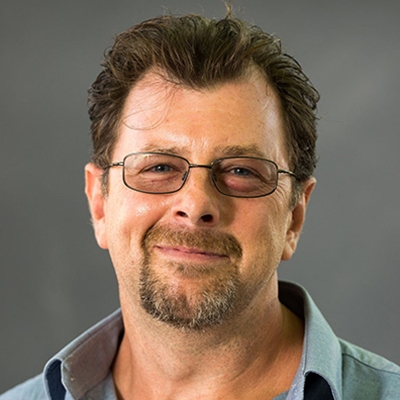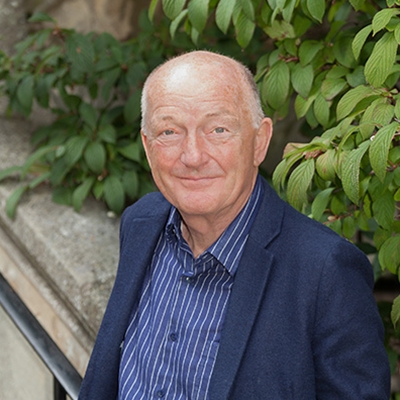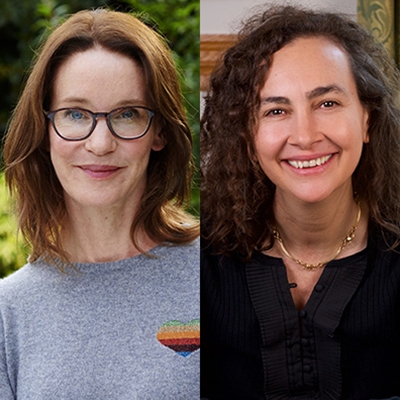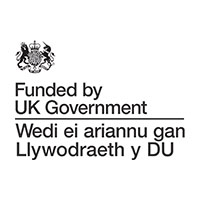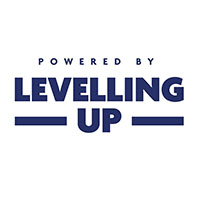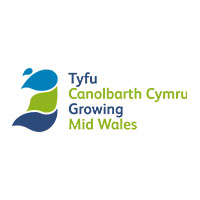Hay Festival Winter Weekend 2023
Event 5
James Holland
The Savage Storm: The Battle for Italy 1943
Llwyfan Cymru – Wales Stage (Hay Castle)
In September 1943, as the Second World War raged on, the Allies crossed into Southern Italy, expecting to drive the Axis forces north and be in Rome by Christmas. Although Italy surrendered, the German forces resisted fiercely and the swift hoped-for victory descended into one of the most brutal battles of the war.
Holland takes a fresh look at the crucial first months of the Italian campaign, explaining why it took place, the wider context in which it was fought and the constraints and prime issues affecting both sides. An eye-opening talk about the devastating and destructive nature of war in Europe, Holland also looks at the conditions in which the campaign was fought and what it was like for those involved, whether Allied or German troops or Italian civilians.
Holland is a historian, writer and broadcaster and the author of a number of bestselling histories, including Battle of Britain, Dam Busters, Normandy '44 and, most recently, Brothers In Arms. He has also written historical fiction, and presented and written a number of television programmes and series for the BBC, Channel 4, National Geographic, and the History and Discovery channels.
A three-part documentary series based on his bestselling book Normandy '44 is currently on Amazon Prime.
Event 8
Adam Nicolson talks to James Holland
How to Be: Life Lessons from the Early Greeks
Llwyfan Cymru – Wales Stage (Hay Castle)
Immerse yourself in the wisdom and nature of the past with writer Adam Nicolson as he talks about how ancient thinkers and the lands they inhabited can throw light on our deepest preconceptions.
The idea of the world used to be dominated by god-kings and their priests, until the ancient Greeks began to change that way of thinking. Through the questioning voyager Odysseus, Homer explored how we might navigate our way through the world, while Xenophanes of Colophon was the first champion of civility and in Lesbos the early lyric poets asked how they could remain true to themselves.
Grounded in the belief that places give access to minds, Nicolson’s How to Be: Life Lessons from the Early Greeks reintroduces us to our earliest thinkers through the lands they lived in.
Nicolson is the prizewinning author of books on history, landscape, and great literature. He talks to historian, author and broadcaster James Holland.
Event C4
Breakfast Tour with Tom True
Battles, Borders, Books and Breakfast
Hay Castle - The Great Hall
Event 19
Lewis Dartnell
Being Human: How Our Biology Shaped World History
St Mary’s Church
We are a wonder of evolution. Powerful yet dextrous, instinctive yet thoughtful, we are expert innovators. These abilities have created the civilisation we know today. But we're also deeply flawed. Our bodies break, diseases thwart our boldest plans, our psychological biases have resulted in terrible decisions in war and peacetime. This contradiction is the essence of what it means to be human, says the astrobiologist and New Scientist contributor, whose earlier book Origins: How the Earth Shaped Human History, was described by historian Peter Frankopan as "a sweeping, brilliant overview of the history not only of our species but of the world". In his new title, he explores how our biology has shaped our relationships, societies, economies and wars.
In conversation with Andy Fryers, Sustainability Director, Hay Festival Foundation.
Event 25
Conn Iggulden
Nero: Proof Party
Hay Castle - Clore Learning Space
Raise a glass to Conn Iggulden, one of the most successful authors of historical fiction writing today, at this very special proof party in Hay Castle. Conn will be giving an exclusive reading of Nero, the first instalment in his gripping new series about the Tyrant of Rome.
Nero’s mother Agrippina, granddaughter of Emperor Augustus, and sister of the brutal Emperor Tiberius is at the heart of this first instalment, which will be published in May 2024. She knows too well that the closer you are to the heart of the empire, the closer you are to power, intrigue and danger. But Agrippina sees that opportunity waits, even in your darkest moments. Her son is everything, and she can shape this boy into Rome itself – the one all must kneel before. But first, the two of them must survive.
Event 27
Oz Clarke
Oz Clarke's Story of Wine: 8000 Years, 100 Bottles
St Mary’s Church
Join award-winning author and TV personality Oz Clarke on a journey through the ages as he explores the places, the people and the bottles that have shaped the captivating history of wine.
Starting as far back as 6000 BC and the probable birth of a wine culture in ancient Georgia, through the fact and fiction of Persia, Egypt, Greece and Rome and to the trends and tribulations of now – including the devastation wildfires cause to winemakers– Clarke takes us on a whistle-stop tour of wine history, taken from his book Oz Clarke's Story of Wine.
Clarke is one of the world’s leading wine experts, known for his phenomenal palate, irreverent style, accurate predictions, and enthusiasm for life in general and wine in particular. He was awarded an OBE in 2020.
There will be a small glass of wine on arrival supplied by local wine merchant Tanners. Audience members will also be able to place orders after the event.
Sponsored by Tanners Wines
Event 30
Laura Bates, Will Gompertz and David Olusoga talk to Afua Hirsch
Hay Festival Thinkers in Residence – A Future Not Yet Imagined
Llwyfan Cymru – Wales Stage (Hay Castle)
A trio of this year’s Hay Festival Thinkers in Residence – Laura Bates, Will Gompertz and David Olusoga – take stock of the biggest issues facing society today, following on from the expert insights shared at this summer’s Hay Festival.
The three discuss everything from what a new system for an integrated and respectful society would look like to how we go about rewriting history, and how we access, look at and assess modern art.
Bates is founder of the Everyday Sexism Project, a collection of experiences of harassment, discrimination and abuse. Her books include Men Who Hate Women and Fix the System, Not the Women.
Gompertz is the former artistic director at the Barbican and former BBC Arts editor and director of the Tate Galleries. He is the author of What are you Looking At? 50 Years of Modern Art in the Blink of an Eye.
Olusoga is professor of public history at Manchester University, a BAFTA award-winning documentary maker, broadcaster and writer, and the author of the award-winning Black and British.
They talk to broadcaster, writer and journalist Afua Hirsch.
Event 35
Susie Dent and Sarah Ogilvie talk to Stephen Fry
Shot-clogs, Bumbershoots and Cacklefarts
Llwyfan Cymru – Wales Stage (Hay Castle)
Feel astounded, amazed, delighted and jubilant with Susie Dent and Sarah Ogilvie, as they discuss long-forgotten words, the history of the dictionary, and the joy of language with Stephen Fry.
Bestselling author, broadcaster and word expert Susie Dent’s latest book Roots of Happiness sees Dent gathering together happy and uplifting words and phrases that have been long forgotten or only just been discovered, from mubble fubbles (a slightly sad mood) to gigglemug.
In her new book, The Dictionary People, lexicographer Sarah Ogilvie dives deep into previously untapped archives to tell a people's history of the Oxford English Dictionary, tracing the lives of thousands of contributors who defined the English language, from the eccentric autodidacts to the family groups who made world collection their passion.
Ogilvie teaches at the University of Oxford, and specialises in language, dictionaries, and technology.


